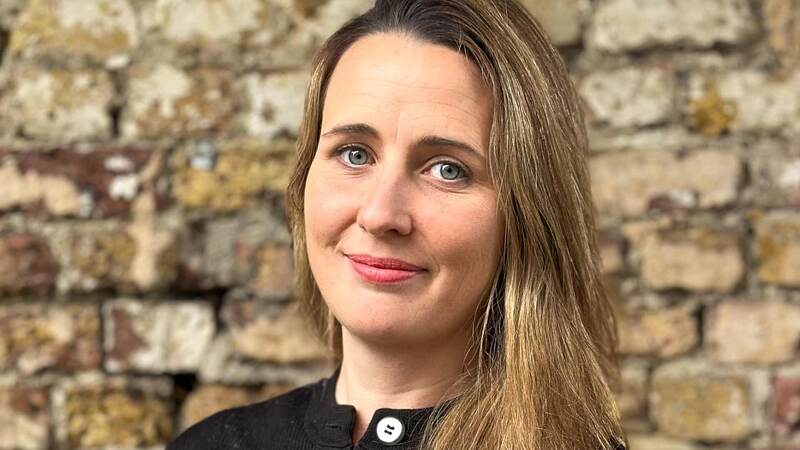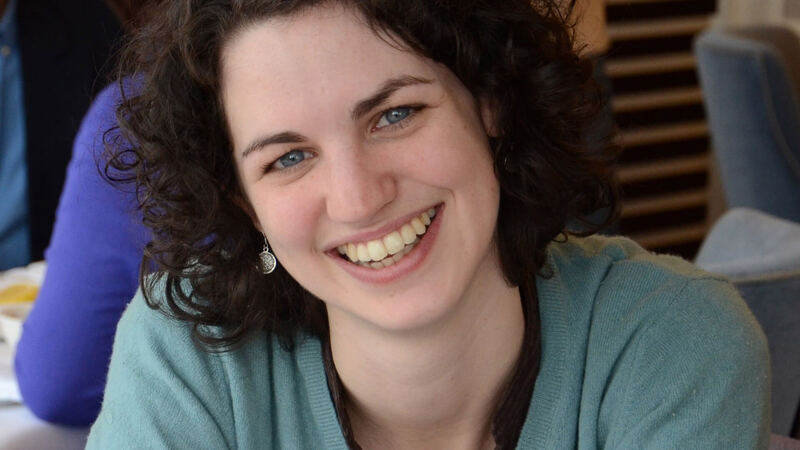You are viewing your 1 free article this month. Login to read more articles.
Marketing vs Publicity
In a short interview ahead of the Nibbies, global bestseller Clare Mackintosh commented on her fascination with the business side of publishing and her pleasure at finally feeling she’d got to grips with the difference between marketing and publicity. And it got me thinking about that difference. When I joined the marketing department of Random House in 2002 it was very clear what they were, below and above the line were still very distinct. Fifteen years later and that line is really blurred. More and more publishers are merging the two functions into joint comms teams, and more and more of us are having to broaden our skillset and step outside of where we’ve always comfortably worked to take in a much wider portfolio. There are times - like with the awards that the Book Marketing Society, the Publishers Publicity Circle and the Nibbies give - when we work hard to separate them out, and others, like The Bookseller's Marketing & Publicity Conference, when they’ve never seemed closer together. But the question I was left pondering from Clare’s comment wasn’t what the differences are these days but how much does it matter? And I think the answer is that providing you have a good strategy, not very much at all.
It’s worth recapping here what a strategy is because I’m so very often struck by how many people, at all levels of business, confuse strategy with plans or tactics. Very simply a strategy is what you want to achieve, albeit hopefully in quite a significant level of detail; the plan or tactics are how you’re going to achieve it. Too often people jump straight to the plan yet without a strategy no amount of efficiency or planning or hard work will deliver for you because if it’s unclear what it is you’re actually looking to achieve, you’re not going to be able to achieve anything.
Before technology changed the marketplace and the channels for both promotion and sales available to us irrevocably, the strategy for each book was very much more obvious and very much more similar: get serial, get reviews, get coverage, get trade buyers and booksellers excited, get good sell-in, maybe do some advertising. The end. Now it’s not so simple. As the marketplace has fragmented, as our jobs have become more consumer focused, or at the very least influencer focused, and so much bigger than they used to be, it is vital that each book has a unique strategy, that time and thought and effort goes into considering how best to find an audience for every book, and that we do this long before we worry about whether that audience will be found via publicity or marketing. This strategy needs to infuse into every area of the business - including the author and agent - so that whatever our job title or function we’re all working to the same end, on a focused strategy that will make this book connect with its readers.
So whether you work in marketing or publicity, or aren’t really sure any more, whatever you go to the Marketing & Publicity Conference for, I hope you leave convinced that becoming a great strategist is the most important broadening of your skillset. Because whatever words you have in your job title now or in the future your best work comes from the best strategies, and it doesn’t matter how you achieve that as long as you’ve started with a clear vision of what you want to achieve.
Julia Kingsford is co-founder of Kingsford Campbell. This piece was originally published in The Bookseller's Marketing & Publicity Conference 2017 preview.




















